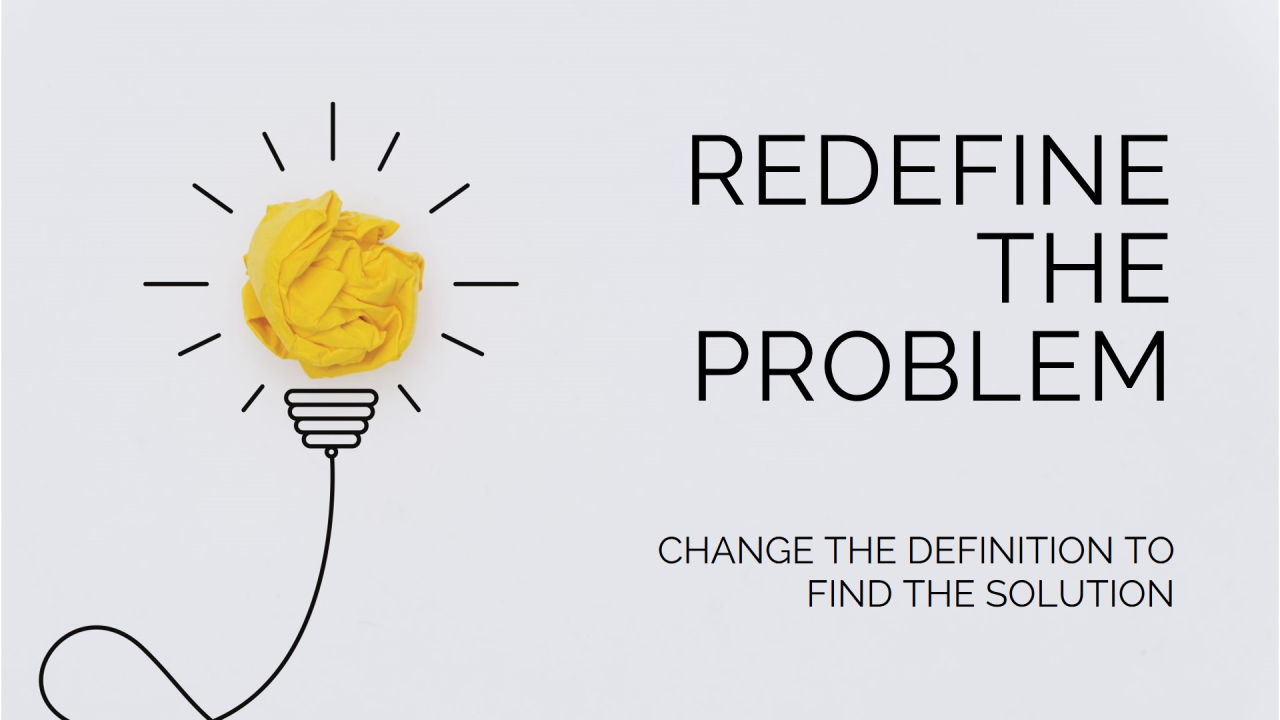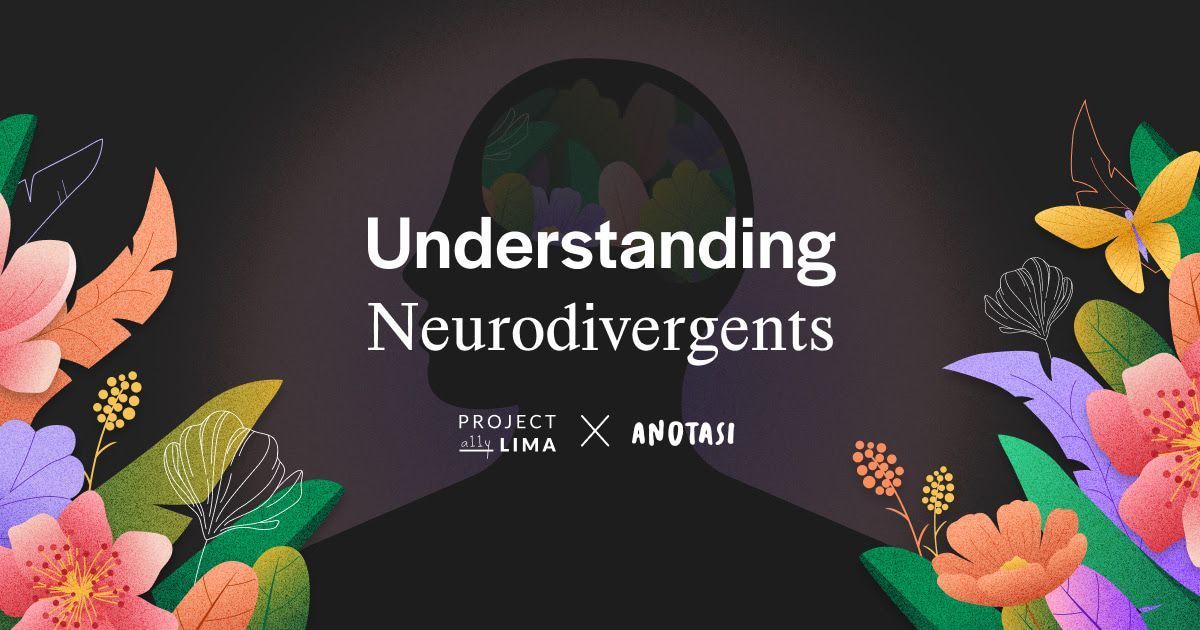The Importance of Psychological Safety for Neurodivergent Employees
Psychological safety is the feeling of being able to be yourself without fear of judgment or reprisal. It’s essential for everyone in the workplace but is especially important for neurodivergent employees.
Neurodivergent individuals may have different ways of thinking, learning, and communicating. They may also be more sensitive to criticism or social cues, which can make them more vulnerable to workplace bullying.
What is workplace bullying?
Workplace bullying is repeated, unwanted, and aggressive behavior that is intended to intimidate, humiliate, or harm, often singling out the target in negative ways. It can take many forms, including:
Verbal Abuse
Shouting, condescension, belittling, criticizing, name-calling, sarcasm, insults, and threats
Isolation
Excluding someone from resources or social interactions or otherwise making them feel like they don't belong
Physical Intimidation
Threats of violence or actual violence, sometimes accompanied with verbal abuse
Cyberbullying
Sending mean or threatening messages via email, text, message boards, social media, etc.
How does workplace bullying affect neurodivergent employees?
Workplace bullying can have a significant impact on the mental and physical health of neurodivergent employees. It can lead to anxiety, depression, stress, and low self-esteem. It can also make it difficult for them to do their job effectively.
How to create a more psychologically safe workplace for neurodivergent employees
There are several things that organizations can do to create a more psychologically safe workplace for neurodivergent employees.
Provide training on neurodiversity.
Training on neurodiversity can help employees understand the different ways that neurodivergent individuals think and learn as well as the challenges these individuals may face in the workplace. My favorite introductory experience is “Understanding Neurodivergents" by Project Ally Lima.
Create clear policies against bullying.
Organizations can create clear policies against bullying. These policies should be communicated to all employees, be enforced consistently, and need to specifically state that bullying of neurodivergent employees is prohibited.
Training on bullying prevention and how to respond to bullying can help employees identify the behavior, know what to do if they’re being bullied, and how to support other employees who are being bullied.
If you’re looking to write a policy for your organization, the
American Psychological Association ,
Society for Human Resource Management, and the
Workplace Bullying Institute are great places to start.
Provide support to employees who have been bullied.
In addition to taking steps to ensure the behavior steps, if an employee has been bullied, the organization can provide them with support. This may include counseling, training, or other resources. Counseling helps individuals cope with the emotional and psychological effects of bullying and can help them feel like they’re not alone. This can include individual or group counseling, as well as support groups for employees who have been bullied. By providing support, organizations can help ensure that bullying does not have a lasting negative impact on employees' lives.
Additional tips for supporting employees who have been bullied:
- Be understanding and compassionate. Let the employee know that you believe them and that you are there to help.
- Listen to the employee's story. Allow the employee to share their experience in their own words.
- Offer practical help. This may include providing the employee with information about counseling services, legal assistance, or financial assistance.
- Help the employee to feel safe. Take steps to ensure that the employee is not in contact with the perpetrator.
- Encourage the employee to report the bullying. This may help to prevent future incidents from happening.
Promote a culture of respect and inclusion.
Organizations can promote a culture of respect and inclusion. This means creating a workplace where everyone feels welcome and respected, regardless of their neurodiversity.
Organizations can also provide training on unconscious bias, celebrating diversity, and creating opportunities for employees to get to know each other on a more personal level.
Get your team certified to lead DEI.
Passion without strategy can lead to unintended consequences for organizations and their employees. The Institute for Diversity Certification (IDC)® offers two DEI certifications to help you gain the knowledge and skills you need to create a psychologically safe workplace.
Get started on a more psychologically safe workplace for neurodivergent employees. Start your certification journey today!

IDC's Certified Diversity Professional (CDP)® credential is more foundational and designed for professionals who are new to the field of DEI.

IDC®'s
Certified Diversity Executive (CDE)® credential is designed for experienced professionals who want to level-up their DEI knowledge and skills.
Share This Article!
Disclaimer: Content on this blog is authored by multiple sources. While we do make every attempt to proofread and fact-check, unless authored our staff, the views expressed do not necessarily reflect those of the Institute for Diversity Certification (IDC), Inc.
More Insightful DEIA Blogs












Share On: